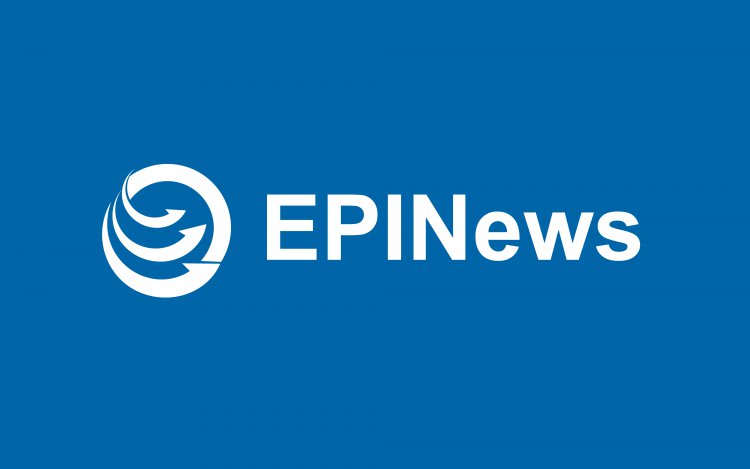
The thirty-fourth meeting of the Emergency Committee under the International Health Regulations (2005) (IHR) on the international spread of poliovirus was convened by the WHO Director-General on 25 January 2023 with committee members and advisers attending via video conference, supported by the WHO Secretariat. The Emergency Committee reviewed the data on wild poliovirus (WPV1) and circulating vaccine derived polioviruses (cVDPV) in the context of global target of eradication of WPV and cessation of outbreaks of cVDPV2 by the end of 2023. Technical updates were received about the situation in the following countries: Afghanistan, Botswana, Canada, the Democratic Republic of the Congo, Indonesia, Madagascar, Nigeria, Pakistan, Sudan and Zambia.
The committee noted that there has been no confirmed case of WPV1 in Pakistan since 15 September 2022 and Afghanistan since 29 August 2022 which signaled considerable progress in the polio endgame, although positive environmental samples were still being detected in 2023. Although the number of positive samples in Afghanistan was 22 in 2022 compared to only one in 2021, this was in part due to more intensive surveillance in the country, with more sites being sampled and increased frequency of testing. All positive samples were detected in the Eastern Region, principally in Nangarhar province. In Pakistan, all 20 cases occurred in the southern part of Khyber Pakhtunkhwa (KP) province. These findings demonstrate that transmission in the two endemic countries is now very low and restricted in geography. Although all areas of both countries are fully accessible during immunization rounds, there are areas of insecurity and vaccine refusals, with a high number of zero dose children in southern Afghanistan. The next six months will be a critical opportunity to finally interrupt endemic WPV1 transmission.